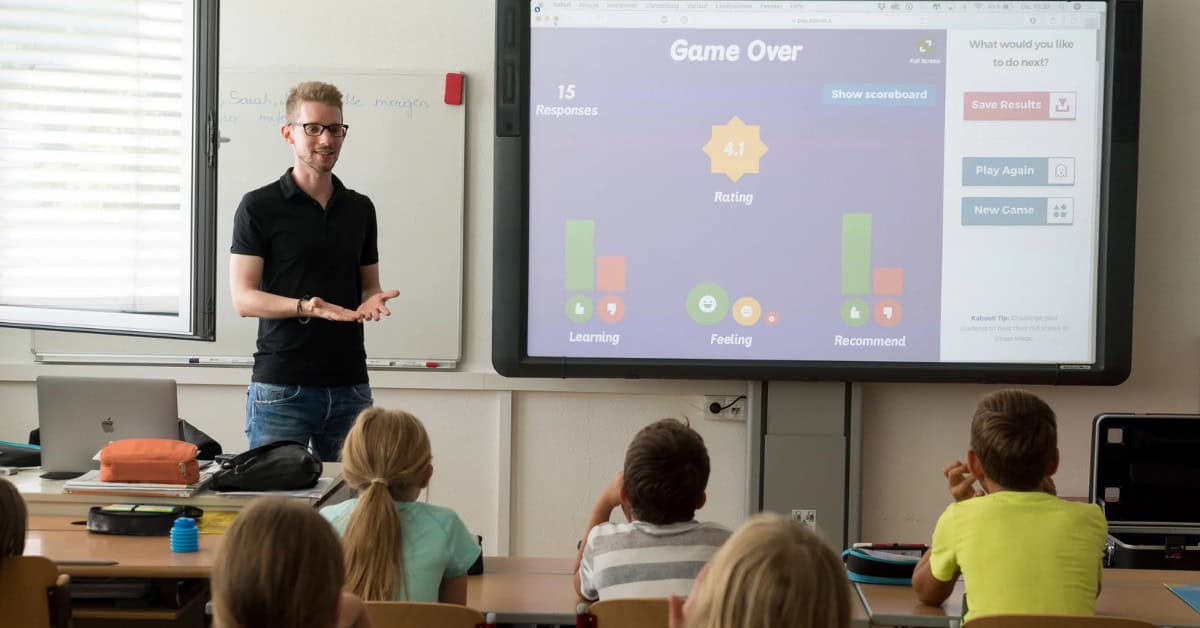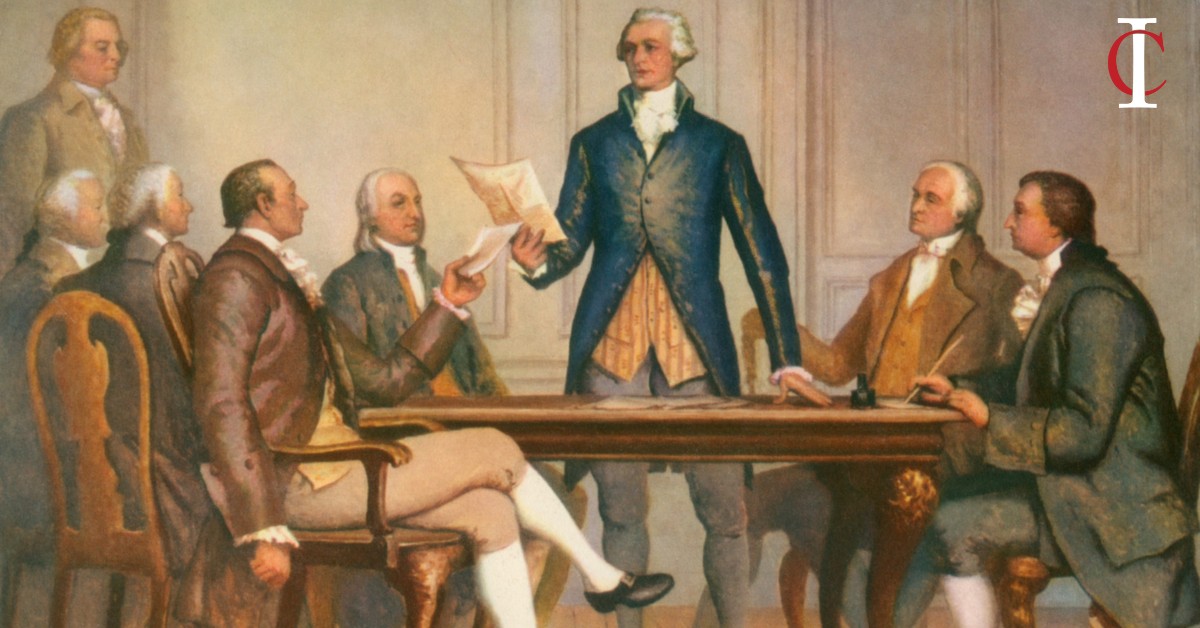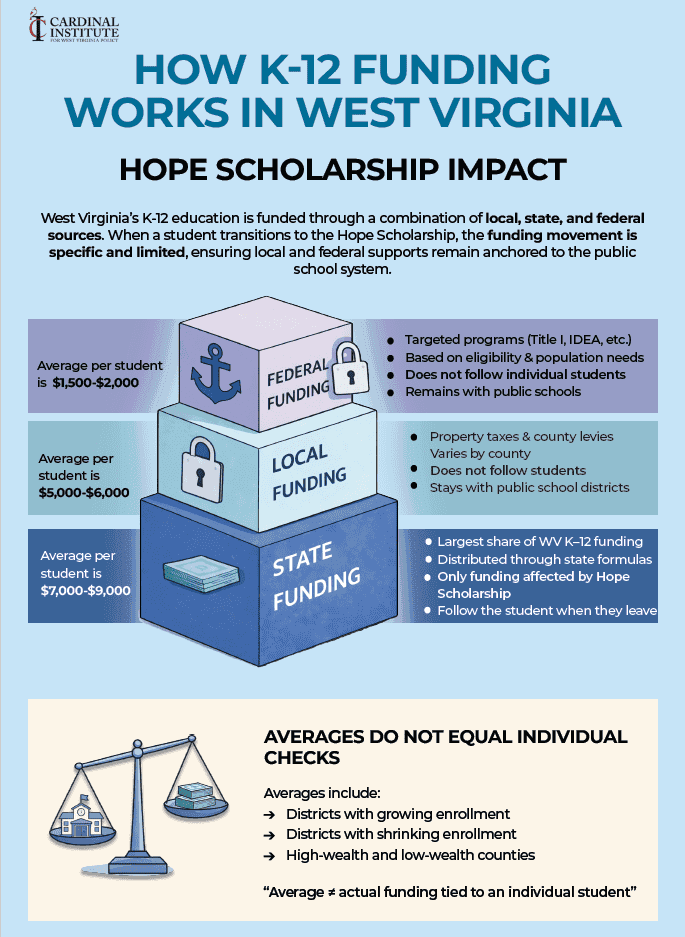
Civil Discourse in the Classroom
Civil Discourse in the K-12 Classroom
Last week I had the great privilege of being invited as a guest to a teaching conference in Washington DC. It was an impressive event. The theme of this conference was civil discourse, and for their part, the hosts did a great job of displaying various perspectives on a multitude of topics. These speakers were experts in their respective fields. During the conference, they perfectly modeled what civil discourse should look like, not only in the classroom but also in society at large.
As I sat through this conference and listened to the various viewpoints, I couldn’t help but observe the reactions of the teachers in the room. It became evident that many were not maintaining neutrality. Their discomfort with certain statements or ideas was palpable, and at times, predictable. It was as if they wore their political ideologies on their sleeves, a stark contrast to the code of honor we upheld in my teaching days.
Teachers Aren’t Neutral Facilitators Anymore
Back when I was a K-12 teacher, it was a badge of honor for us civics and government teachers to keep our political affiliations hidden from our students. Our role was to teach how the government system works and how students could participate in it, without revealing our personal biases. This was crucial to fostering an environment where students could form their own informed opinions.
Of course, there are exceptions. In a high school setting, for example, where students are more capable of engaging in politically nuanced discussions, a teacher might disclose their bias with a clear caveat. This approach can model how to engage in respectful debate and critical thinking. However, even in these cases, the goal is to encourage students to challenge ideas and think independently.
Can Teachers Still Foster Civil Discourse in the Classroom?
Seeing the visible discomfort and clear ideological stances of some teachers at the conference gave me great pause. It makes me question whether this code of neutrality is still valued. How can teachers foster civil discourse and present a balanced view of the political spectrum if their own biases are so apparent?
One might argue that it was summer, and perhaps these teachers don’t display their ideologies so openly during the school year. Yet, this seems unlikely given the strong reactions I observed.
This brings me to a quote that has been resonating with me lately: “If you send your children to Caesar to be educated, you should not be surprised when they come back as Romans.” — Voddie Baucham.
This highlights a critical issue in our education system. The study of history, economics, government, and similar subjects should be factual, aiming to uncover and disseminate truth. By categorizing these subjects under the umbrella of social sciences, our schools have opened the door to varied interpretations and conflict around biased information.
Check in with Your Child’s School
If you suspect that biased perspectives are influencing your child’s education, I encourage you to investigate those concerns. Understanding the true nature of what your child is learning in school can help you make informed decisions about your child’s education.








